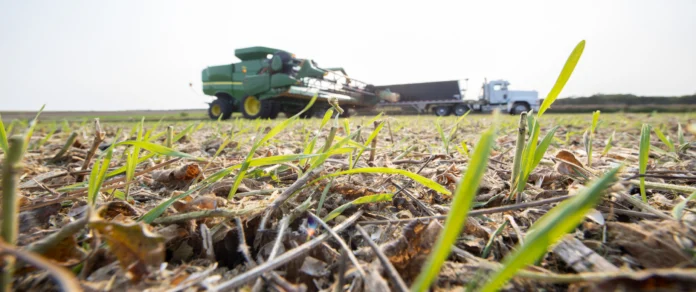Cargill and the University Are Collaborating to Study Camelina, Pennycress.
Cargill and the University of Minnesota are teaming up to research winter camelina and pennycress in an effort to develop new seed varieties that can be grown in unique Upper Midwest conditions.
Crop Improvement Focus
Advanced Techniques
Cargill will use advanced crop improvement techniques. These include trait discovery, genotyping and cellular biology. And these methods will help speed up the development of better seed varieties for farmers in Minnesota and beyond.
Building on Past Support
This initiative builds upon $2.5 million granted from Cargill which has supported the university’s work within crop biology and management so far.
Benefits for Farmers
Enhanced Varieties
According to Mitch Hunter (Forever Green Initiative), this support given by Cargrill will go a long way in boosting their breeding activity as well as helping them come up with improved breeds. Which suits not only Minnesotan farmers but also other regions across America.
Sustainability & Income Generation
Being planted during fall months before being harvested during spring season Camelina together with Pennycress are known to improve soil health as well water quality besides being compatible with corns, soy or even after wheat cultivation; The high oil content possessed by these plants creates business opportunities through refining it into low-carbon fuels like aviation fuel among others.
Active Pilots & Opportunities
Current Pilot Programs
Camelina growing conditions are currently being studied by Cargrill in collaboration with farmers based in Minnesota plus those found within North Dakota where its first harvest ever is just winding up; More growers can still join this program starting from August 1st onwards.
Support Programs
Farmers participating in pilot projects under Forever Green scheme may receive some form environmental payments. While also benefitting from risk management strategies offered by same program. For more details and to enroll visit: z.umn.edu/EnrollEECO.
Conclusion
Cargill and the University of Minnesota have always been at the forefront when it comes to agricultural research work. Their current fascination with winter camelina and pennycress is a promising sign. Which we can expect to see new breeds emerging, along with sustainable farming practices. This alliance would not only benefit farmers within Upper Midwest alone but also support creation low-carbon fuels across United States as whole. For more information please visit Cargill.com.
Read more fresh produce related news updates.


